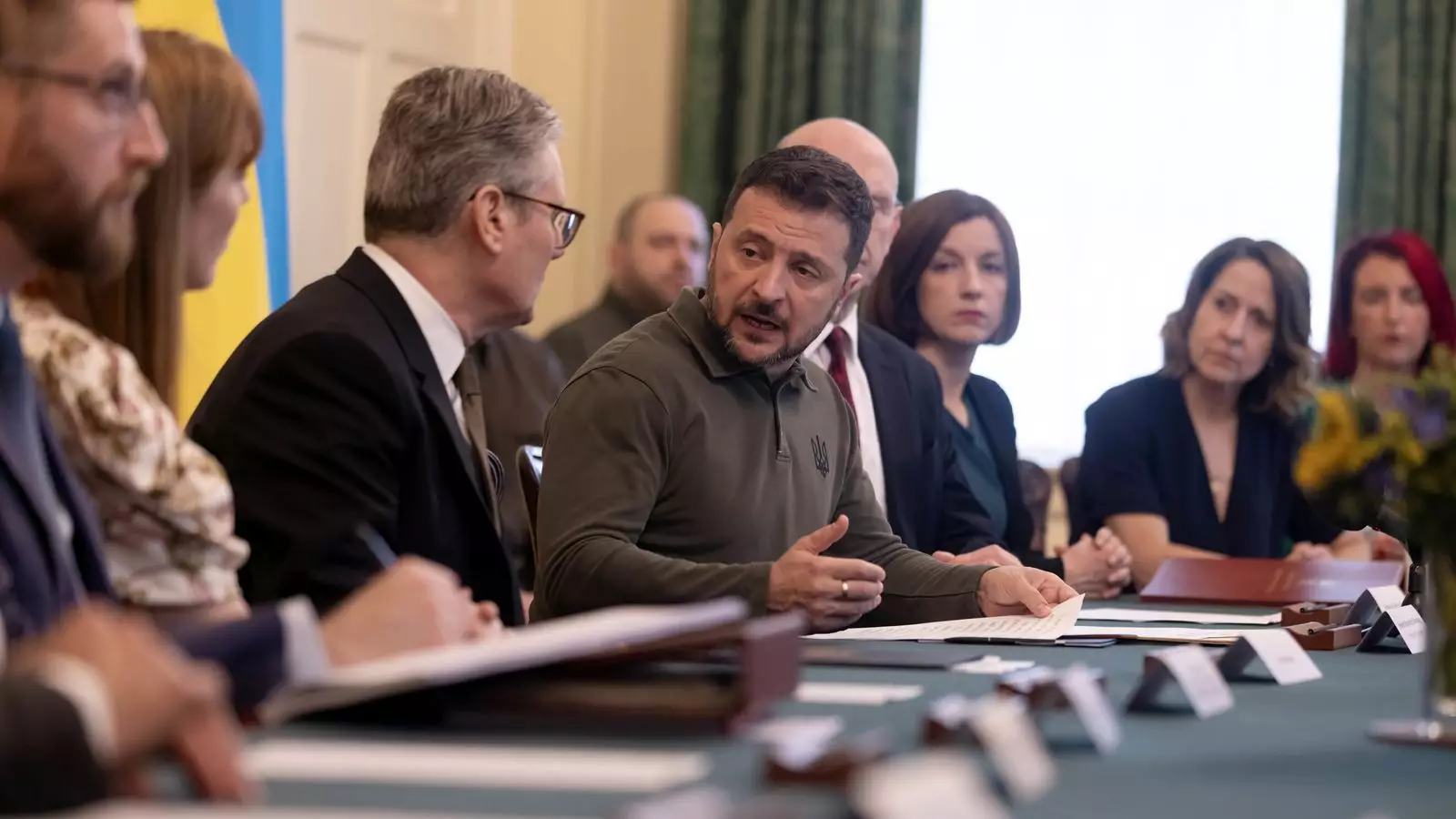As global tensions escalate and geopolitical landscapes shift, the UK government finds itself at a critical crossroads regarding its defence spending. Recent statements from key cabinet members underscore a unified consensus that more financial resources are necessary to bolster national security. Business Secretary Jonathan Reynolds emphasized that the existing economic and security pressures make it imperative for the entire government to prioritise defence funding. This call for increased spending is particularly relevant in light of current events, including international conflicts and the changing priorities of traditional allies.
Chancellor Rachel Reeves is reportedly aware of the necessity for enhanced defence expenditures, yet a significant disconnect appears to exist between her perspective and that of the armed services leadership. Reports indicate that while she acknowledges the need for increased funding, she remains hesitant to allocate more resources in the immediate budget cycle. As the armed services have articulated a clear demand for their budget to reach 2.65% of the nation’s GDP—up from the current 2.3%—the controversy over budgetary priorities becomes apparent, raising questions about the government’s commitment to military readiness.
Intriguingly, Sir Keir Starmer, leader of the Labour Party, is reportedly willing to circumvent the Chancellor’s constraints on defence spending, positioning himself as proactive in the realm of national security. Meetings between Starmer and military leaders suggest he is keen to align Labour’s agenda with defence priorities, particularly in light of strategic shifts involving the United States and NATO’s role in Europe.
These political dynamics underline the complexities of governance in times of insecurity. While cabinet members appear to agree on the need for an increase in defence spending, internal strife seems to loom regarding budget allocations. The tension between Starmer’s intentions and Reeves’s cautious fiscal approach illustrates the challenges faced by political leaders amidst a pressing global context, leaving citizens concerned about the implications for national security.
The discussion of defence spending emerges against the backdrop of looming international negotiations, particularly concerning Ukraine. As the United States contemplates potential peace discussions with Russia—a move that has sparked controversy and concern among European leaders—the urgency for NATO allies, including the UK, to reassess their defence expenditures becomes increasingly pressing. Critics like Rachel Ellehuus from the Royal United Services Institute argue that the current NATO guideline of spending 2% of GDP is inadequate, given the evolving nature of threats in Europe.
Ellehuus’s assertion that NATO members must include a “headroom” for investment in both conventional military capabilities and innovative solutions presents a comprehensive framework for approaching defence spending. As countries reassess their priorities in a rapidly changing world, understanding the need for a well-rounded, adaptable military force is essential for long-term security.
In anticipation of a European leaders’ summit specifically addressing Ukraine, the situation underscores the urgency for a cohesive strategy among allies. The recent call from Prime Minister Rishi Sunak for a collaborative approach reflects an understanding that the UK’s leadership role within NATO must evolve alongside its military commitments. Sunak’s admonition against division within the alliance is a poignant reminder of the challenges that lie ahead.
In the coming weeks, as Sir Keir Starmer prepares to carry critical messages to Washington D.C. following the European summit, the stakes regarding defence funding and international partnerships have never been higher. The potential for a renewed focus on collective security and military investment within Europe is contingent upon the government’s ability to navigate internal disagreements carefully, secure necessary funding, and take decisive action in the face of external threats.
The discourse surrounding the UK’s defence spending encapsulates a broader conversation about national security in an increasingly volatile global environment. As government members express recognition of the need for increased funding, it is vital that political leaders not only acknowledge the urgency of this necessity but also act decisively to ensure that the armed forces are equipped to address contemporary challenges. In this pivotal moment, the UK must demonstrate leadership and commitment to defence, as the consequences of inaction could reverberate beyond its borders.



Leave a Reply